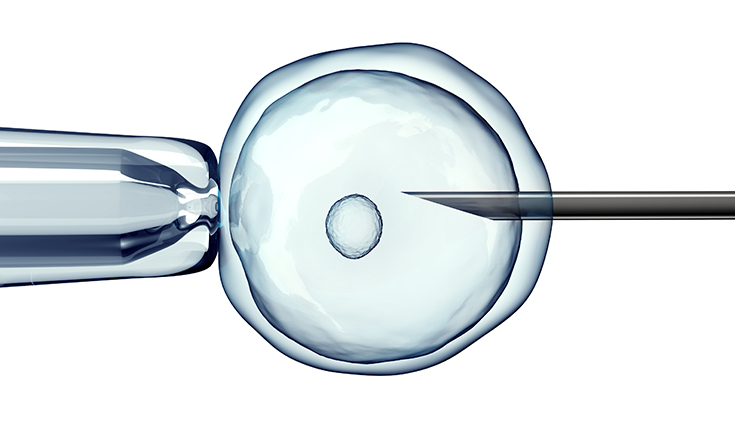

Are you thinking about becoming a sperm donor or using donated sperm to conceive a baby? While sperm donation can be incredibly rewarding, there are many crucial considerations. Find out what sperm donation involves for both donors and recipients in this article.
Am I An Eligible Sperm Donor?
With a shortage of sperm donors in Australia, there has never been a better time to give the gift of life. By generously donating sperm, you could help a couple or single woman conceive a child and start a family.
The typical sperm donor is a healthy man, in his early 20?s to his mid 40?s. Your local fertility clinic will be able to advise you on their specific eligible sperm donor criteria.
What?s Involved In Becoming A Sperm Donor?
Fertility clinics in Australia will provide guidance, counselling and support throughout the sperm donation process. ?Clinic recruited? donors may give between five and 10 semen donations.
Since it?s illegal in Australia to purchase human tissue, men are not paid for donating sperm. However, the fertility clinic (or the recipient if known to the donor) usually reimburses reasonable expenses (such as travel and parking expenses). In some states, clinic recruited donors may also be reimbursed for their time spent attending appointments.
The sperm donation process involves:
Medical Consultation: Donors will meet with a fertility specialist who will discuss the process of donation, take a thorough medical history and assess eligibility for the sperm donation program.
Counselling: In preparation for donation, the donor, and their partner if they have one, will need to meet with a counsellor to discuss the legal and ethical implications of donating sperm. Donors will need to provide written consent for a permanent record of identifying information about everyone involved (where this information is stored varies from state to state in Australia. When a child born from donated sperm turns 18, identifying information about their donor can be released if they request them.
Sperm donation tests: Donors then have blood tests to screen for genetic conditions and infections such as HIV, Hepatitis B & C, Chlamydia and Gonorrhoea. A semen analysis will also check the quality of the man?s sperm.
Donate: If a man is accepted as a donor, he will likely attend at least five donation appointments. The donations will be quarantined for up to six months and then the donor will be re-screened for infection. If the sperm is healthy, it will be released for use.
Finding A Sperm Donor
For heterosexual couples experiencing male fertility issues, or same sex or a single woman, donated sperm may help them start a family.
Sperm can be donated by someone known to the recipient (recipient recruited) or a de identified donor (clinic recruited). Sperm donor clinics are required to carefully screen and select donors, to ensure recipients receive quality sperm and are given the greatest chance of conceiving.
If you are using donated sperm to help conceive a baby, the recipients will first meet with a fertility specialist to discuss fertility treatment. They will then meet with a Fertility Counsellor. The counsellor will ensure you are comfortable with the emotional, ethical and legal implications of using donated sperm. Your Fertility Clinic will then help you choose a suitable donor from their database, if you don?t have a sperm donor of your own, and prepare you for treatment. This could involve Intrauterine Insemination (IUI) or IVF treatment with ICSI (Intracytoplasmic Sperm Injection).
Sperm donation: next steps
For more information about becoming or finding a sperm donor, contact your local fertility clinic.






















